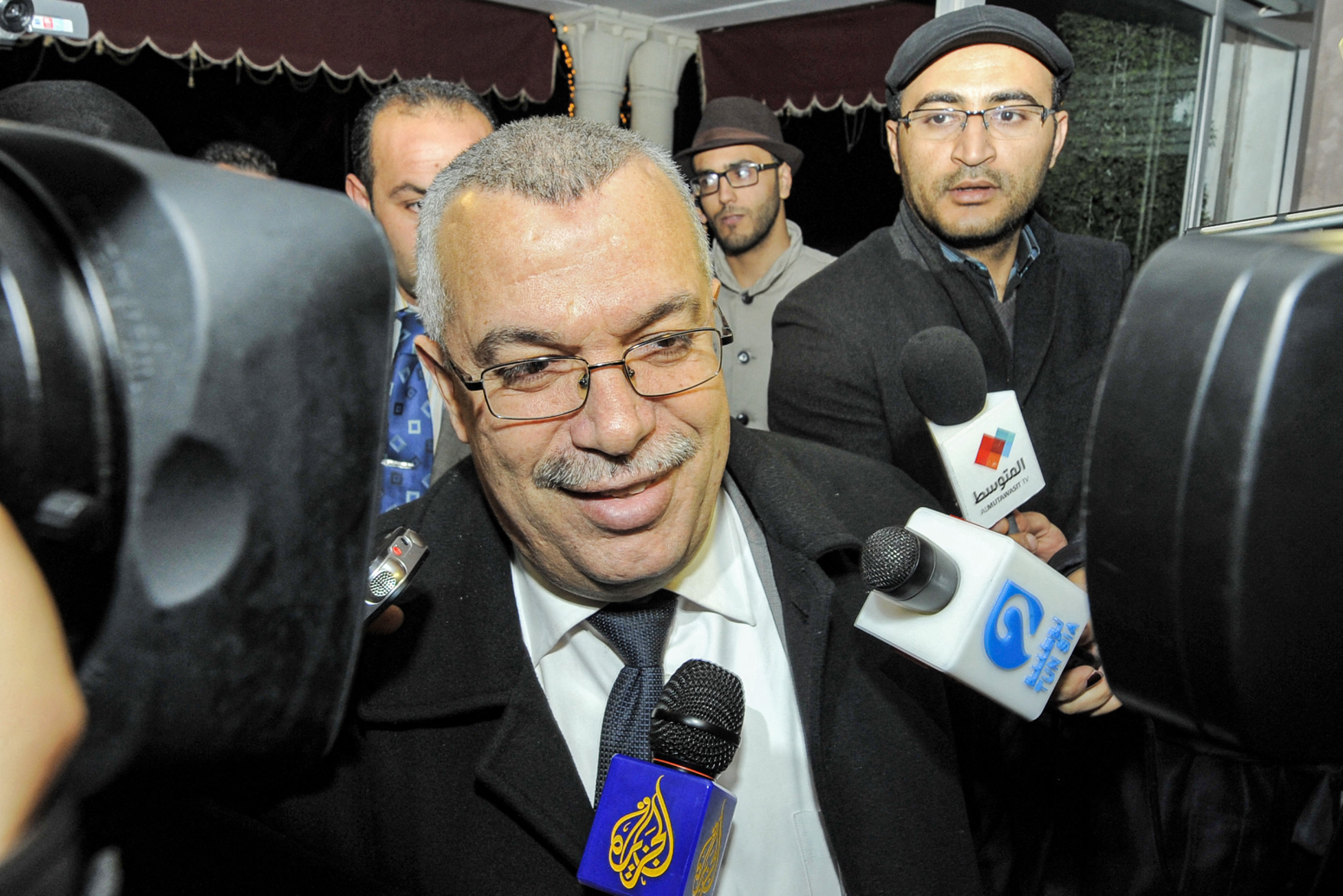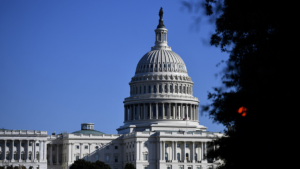UN expresses ‘concerns’ about human rights abuses in Tunisia, demands held Ennahdha official to be released.
The United Nations has expressed concern about human rights abuses in Tunisia and demanded that a former justice minister held in a clampdown on the Ennahdha party be either charged or freed.
Noureddine Bhiri, a member of parliament and deputy chairman of Ennahdha, was bundled into a car by plainclothes police officers on December 31 and held in undisclosed locations for several hours.
He was later accused of possible “terrorism” offences.
The 63-year-old, who suffers from several pre-existing health conditions, including diabetes and hypertension, was transferred to hospital on January 2 after going on a hunger strike.
He remains in hospital, where he is under guard.
Former interior ministry official Fathi Baldi was also arrested on December 31 in similar circumstances. His whereabouts were kept secret for several days.
Liz Throssell, a spokeswoman for the UN’s High Commissioner for Human Rights in Geneva, said on Tuesday the shadowy circumstances of the men’s detention had deepened the UN’s “already serious concerns about the deteriorating human rights situation” in Tunisia.
She said the arrests “echo practices not seen since the [former President Zine El Abidine] Ben Ali era” and urged Tunisian authorities to either promptly release or charge the pair.
Concerns about ‘stifling of dissent’
Tunisia was the only democracy to emerge from the 2011 Arab Spring revolts, in which Ben Ali was deposed, along with a handful of other Arab leaders.
Ennahdha played a central role in the post-Ben Ali transition until a power grab by President Kais Saied in July last year.
The party has called for Bhiri’s release and denounced his detention as an illegitimate attempt to silence political opposition in the country.
Pledging to root out corruption, on July 25 last year, Saied sacked the Ennahdha-supported government, suspended parliament – in which the party is the largest bloc – and later took steps to rule by decree.
His opponents and civil society groups have expressed fear of a slide back to the authoritarianism of Ben Ali’s rule.
Throssell said the UN was “concerned at the stifling of dissent in Tunisia, including through the improper use of counterterrorism legislation, and the increasing use of military courts to try civilians”.
But many Tunisians, tired of a system seen as corrupt and ineffective, have welcomed Saied’s actions.
Amid international outcry, Tunisia’s press syndicate said on Tuesday that state television has barred all political parties from entering its buildings or taking part in talk shows. The apparent ban had reportedly been in force since Saied seized most powers in July.
The envoys of seven Western countries plus the European Union urged Tunisia last month to respect “fundamental freedoms” and set a timeline for a return to democratic institutions.
Saied has reiterated that he respects all freedoms and rights and will not become a dictator.




